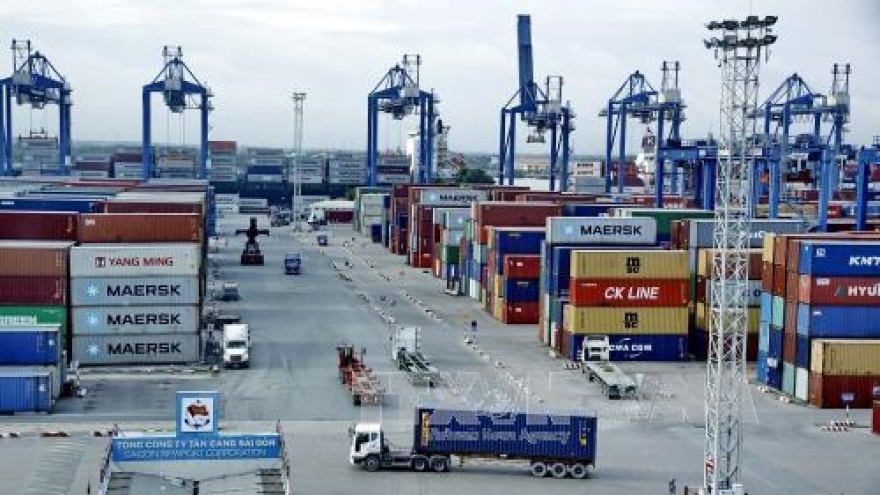More incentives needed to raise competitiveness of logistics firms: Insiders
The domestic logistics sector has made big strides over the past time, significantly contributing to national economic growth and generating jobs for labourers.
According to the World Bank's ranking, Vietnam currently ranks 64th out of the 160 countries in terms of logistics development and 4th in the Association of Southeast Asian Nations (ASEAN) after Singapore, Malaysia, and Thailand.
The country was also among the top 10 places in the 2023 Agility Emerging Markets Logistics Index compiled by Agility, one of the world’s top freight forwarding and contract logistics providers.
Among the Southeast Asian countries, Vietnam was fourth, behind Malaysia, Indonesia, and Thailand.
Agility ranked 50 economies based on three factors which make them attractive to logistics providers, freight forwarders, shipping lines, air cargo carriers, and distributors. The factors include domestic logistics opportunities, international logistics opportunities, digital readiness, and business fundamentals.
However, Vietnam’s logistics costs are equal to 16.8%-17% of the national GDP, much higher than the global average of only 10.6%, leading to the weakening competition of Vietnamese goods globally, Chairman of the Vietnam Logistics Association (VLA) Le Duy Hiep said, pointing to limitations in logistics infrastructure, seaport planning, and connectivity between means of transport, among others.
The WB also noted that Vietnam's logistics industry still shows many shortcomings in terms of capacity as well as the digital transformation pace of most logistics businesses.
Although the Government, ministries and agencies have pushed ahead with the implementation of a project on building the national logistics development strategy by 2035 with a vision towards 2045, in which digital transformation has been integrated, it still requires greater efforts by relevant sides to boost the digitalisation in the sector.
Besides, the domestic international railway system has yet to be fully tapped to serve trade between Vietnam and China and other ASEAN member countries despite its substantial potential.
Given that, Hiep suggested more incentives to help logistics firms raise their competitiveness in the region and globally.



